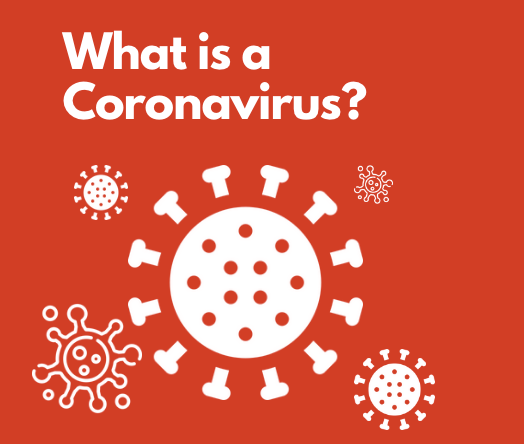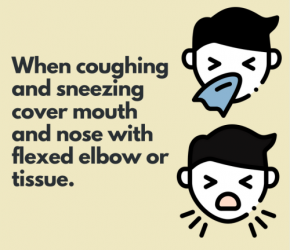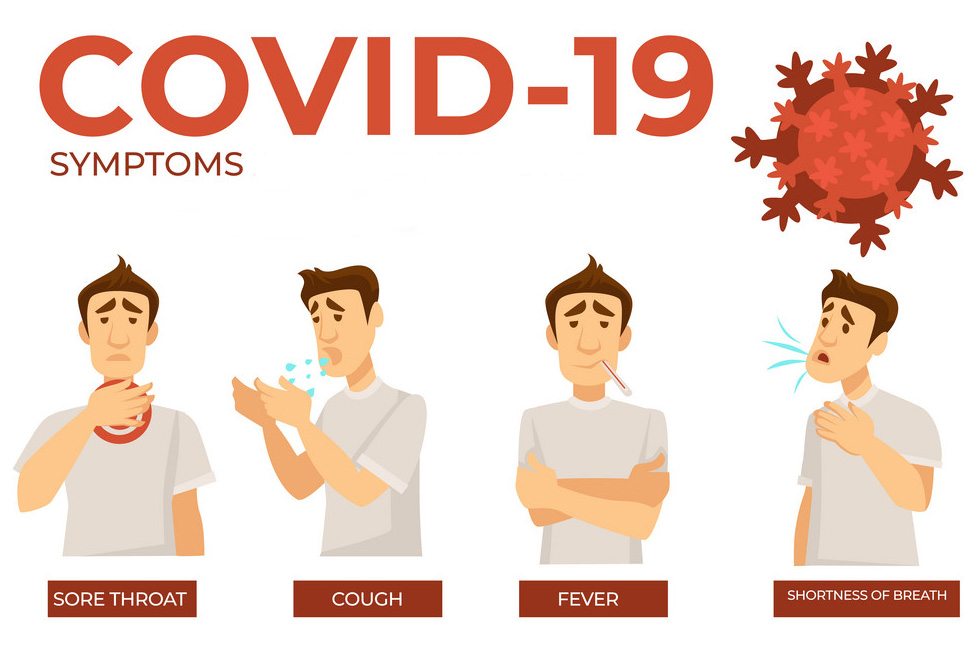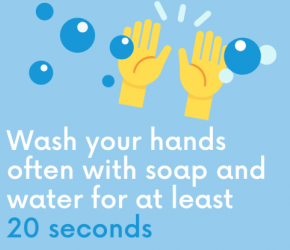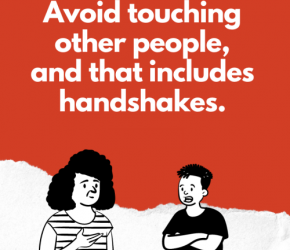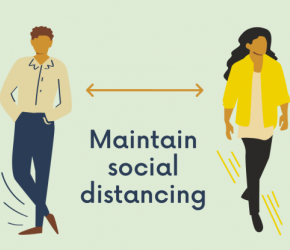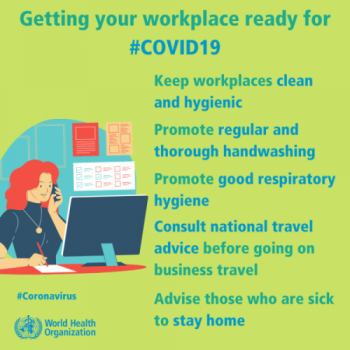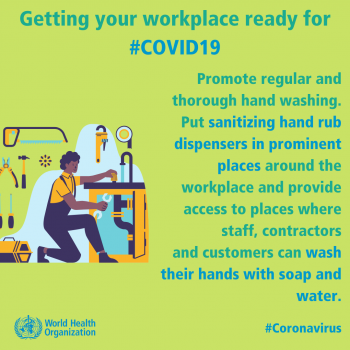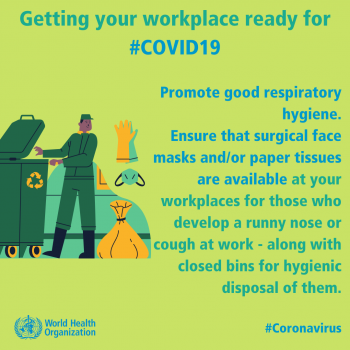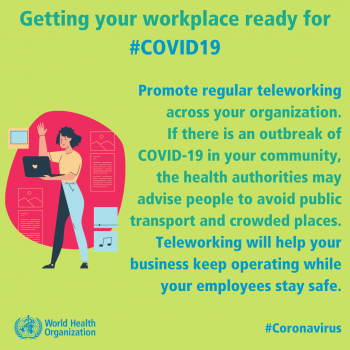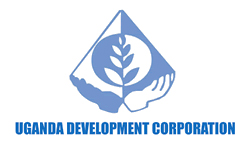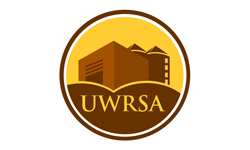
UgandaLast Updated: Loading...
Confirmed Cases0
New Case0
Total Deaths0
New Deaths0
Total Recovered0
Active Cases0
in Critical0
Case/1M0
Deaths/1M0
Total Tests0
Tests/1M0
Areas of Trade Updates
Handling of Masks
COVID-19 Advice
Frequently Asked Questions
What is a Coronavirus?
Coronaviruses are a large family of viruses which occur naturally in animals and may cause illness in animals and humans. In humans, coronaviruses cause respiratory infections ranging from common colds with mild symptoms to more severe diseases such as the Middle East Respiratory Syndrome (MERS) and the Severe Acute Respiratory Syndrome (SARS). The most recently discovered virus in this family causes the Coronavirus Disease, COVID-19.
What does COVID-19 stand for?
The Coronavirus Disease is a flu-like respiratory disease that is highly contagious.
What is COVID-19?
The Coronavirus Disease is a flu-like respiratory disease that is highly contagious.
What are the symptoms of COVID-19?
The most common symptoms of COVID-19 are fever, tiredness, and dry cough. Some patients may have aches and pains, nasal congestion, runny nose, sore throat or diarrhoea. These symptoms are usually mild and begin gradually. Some people become infected but don’t develop any symptoms and don't feel unwell. Most people (about 80%) recover from the disease without needing special treatment. Around 1 out of every 6 people who gets COVID-19 becomes seriously ill and develops difficulty breathing.
Who is most at risk of catching COVID-19?
All people are at risk once exposed to the virus that causes COVID 19, however, older people, and those with underlying medical conditions like high blood pressure, heart diseases and diabetes or suppressed immune systems, such as people with HIV/AIDS or cancer, are most at risk and more likely to develop serious symptoms.
Do I need to worry about my children?
Cases in which children got infected have also been reported. However, children and even youths seem to be much less affected by the Coronavirus Disease than older people.
How does COVID-19 spread?
The disease can spread from person to person either directly through small droplets when an infected person sneezes, coughs or exhales. Or people catch COVID-19 when they touch contaminated objects and surfaces and then touch their eyes, nose or mouth thereby transmitting the virus.
How can I prevent myself from getting infected?
The best way to prevent an infection is to avoid exposure to the virus. This can be through thorough hygiene, by avoiding contact with infected people and by keeping a distance of about 6 feet to other people, as the virus spreads mainly from person-to-person and between people who are in close contact with each other. This is especially important for people who are at higher risk of getting very sick.
Which hygiene measures are effective?
Clean your hands often by washing them with soap and water for at least 20 seconds, especially after you have been in a public place, or after blowing your nose, coughing, or sneezing.
You can also use a hand sanitizer that contains at least 60% alcohol. Rub your hands together until they feel dry.
Avoid touching your eyes, nose, and mouth with unwashed hands.
Should I wear a face mask to protect myself against the virus?
Do not need to wear a face mask unless you are sick or are caring for someone who is sick (and they are not able to wear a face mask). Leave the masks to those who really need them.
Can someone who is released from COVID-19 quarantine still spread the disease?
Someone who has been released from COVID-19 quarantine is no longer considered a risk for spreading the virus because he/she did not develop symptoms during the incubation period.
Quarantine means separating a person (or group of people) who has been exposed to a contagious disease but has not developed symptoms from others who have not been exposed, to prevent the possible spread of that disease.
Quarantine is usually established for the length of the incubation period of the communicable disease, which is the time span during which people would have developed symptoms after exposure. For COVID-19 this period is 14 days from the last date of exposure, because 14 days is the longest incubation period seen for similar corona viruses.
Is there a treatment for COVID-19?
There is no specific treatment for COVID-19. Don’t believe people who try to sell you remedies and promise that they will cure the disease. Viral diseases can be prevented if a vaccine is available, but they cannot be cured for example with antibiotics. However, supportive cure or treatment can ease accompanying symptoms, such as fever or cough.
Is there a vaccine against COVID-19?
So far, no vaccine is available to prevent COVID-19. Patients will receive supportive care and treatment by the health workers to recovery.

